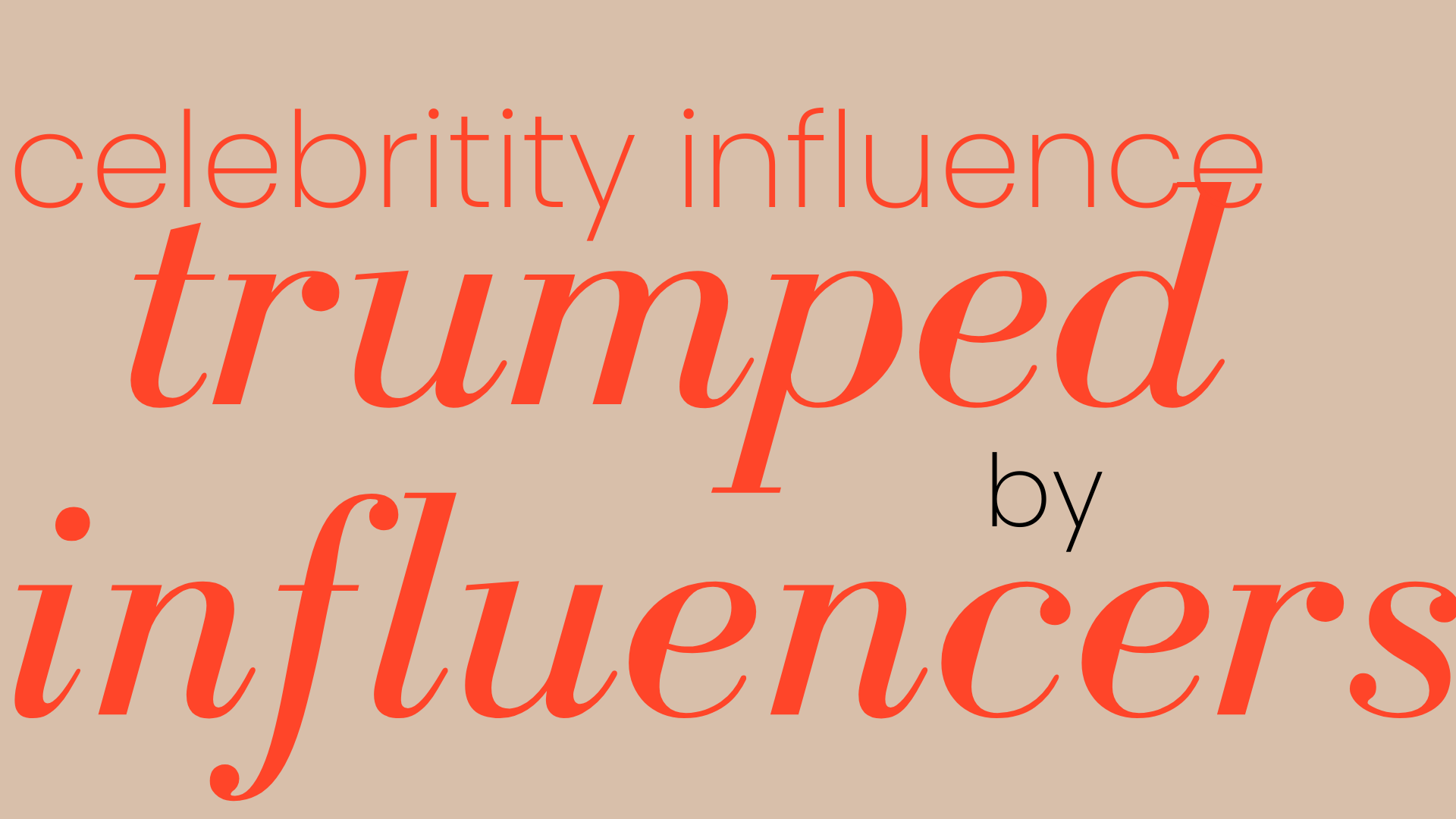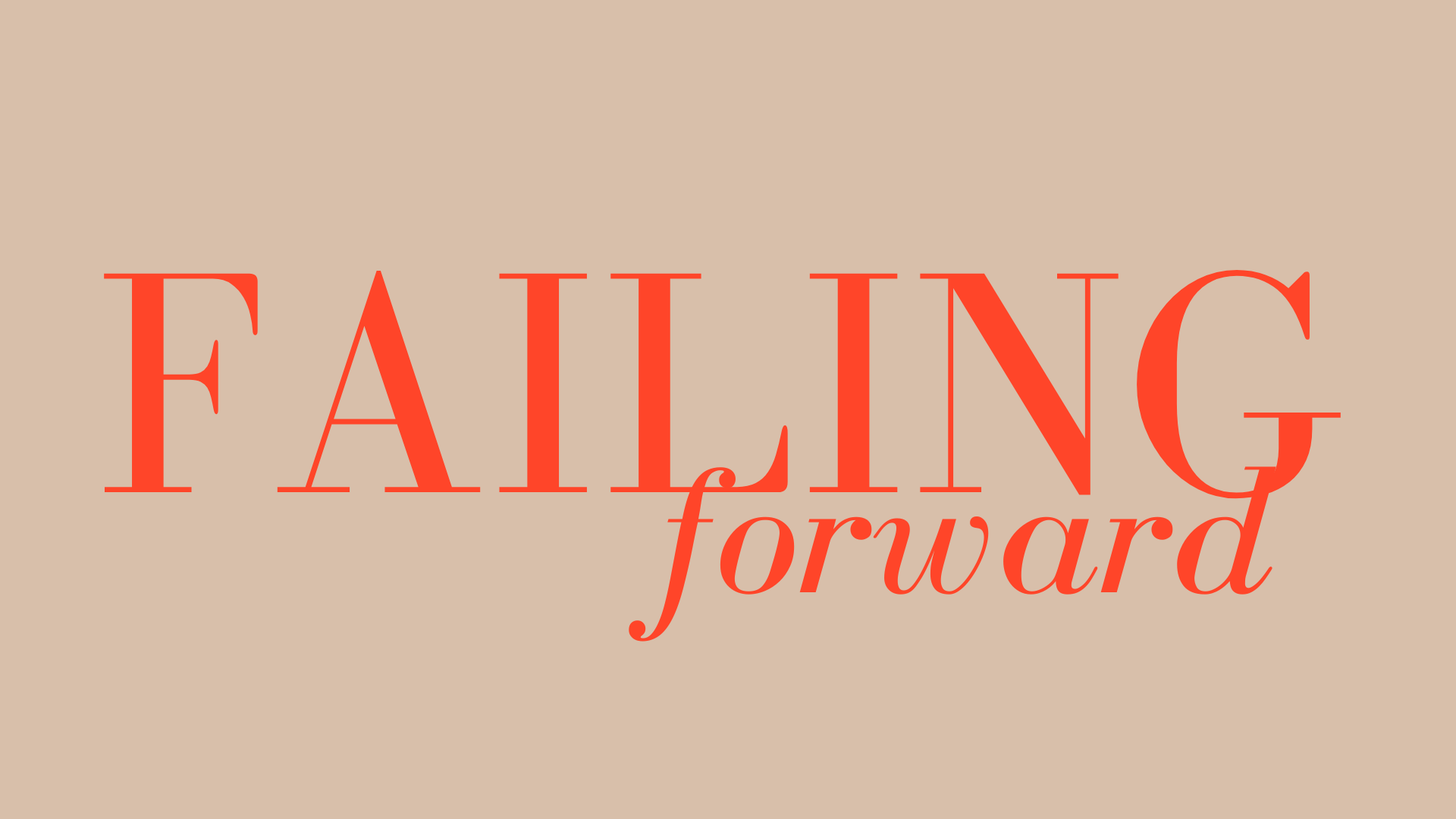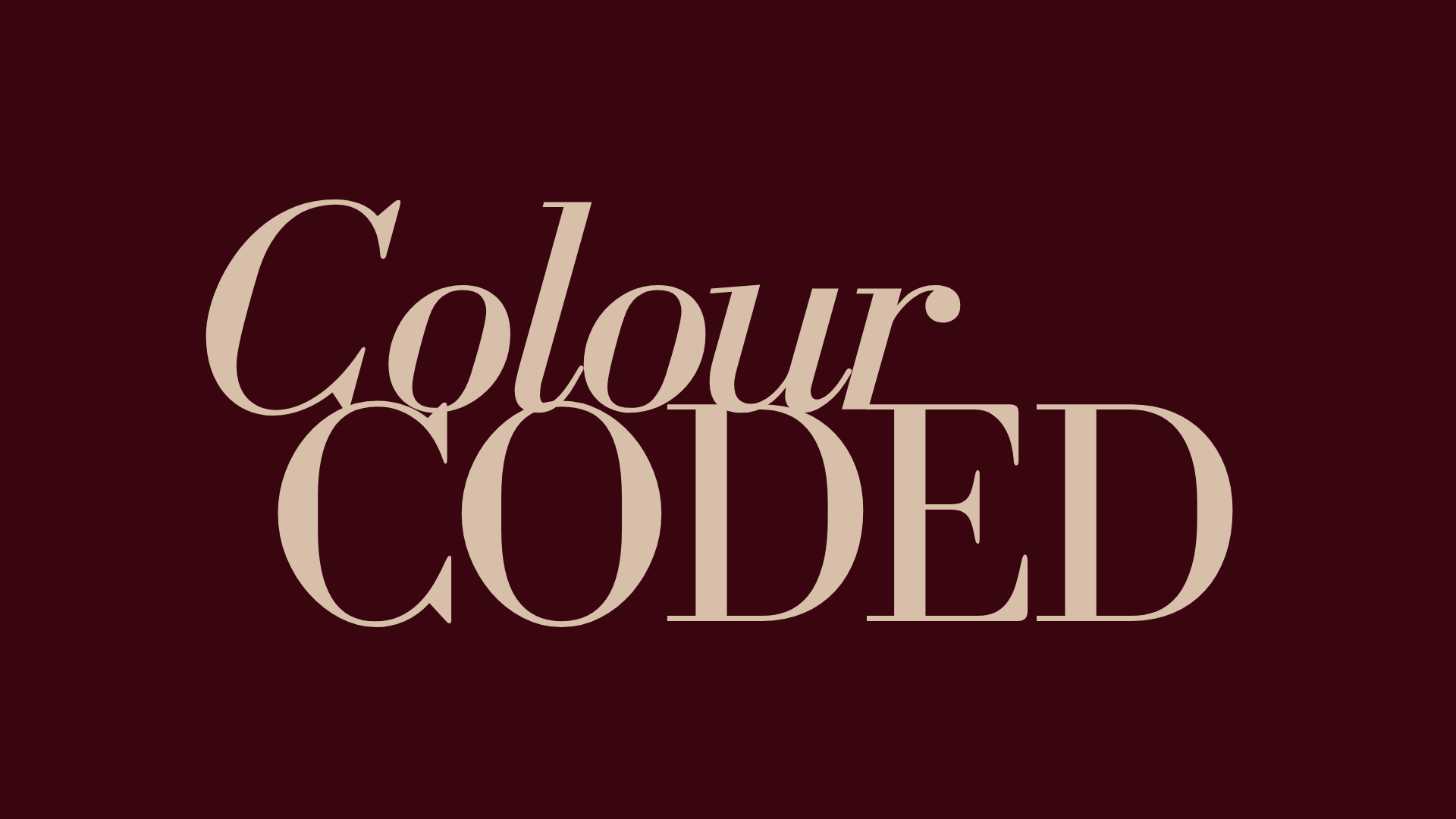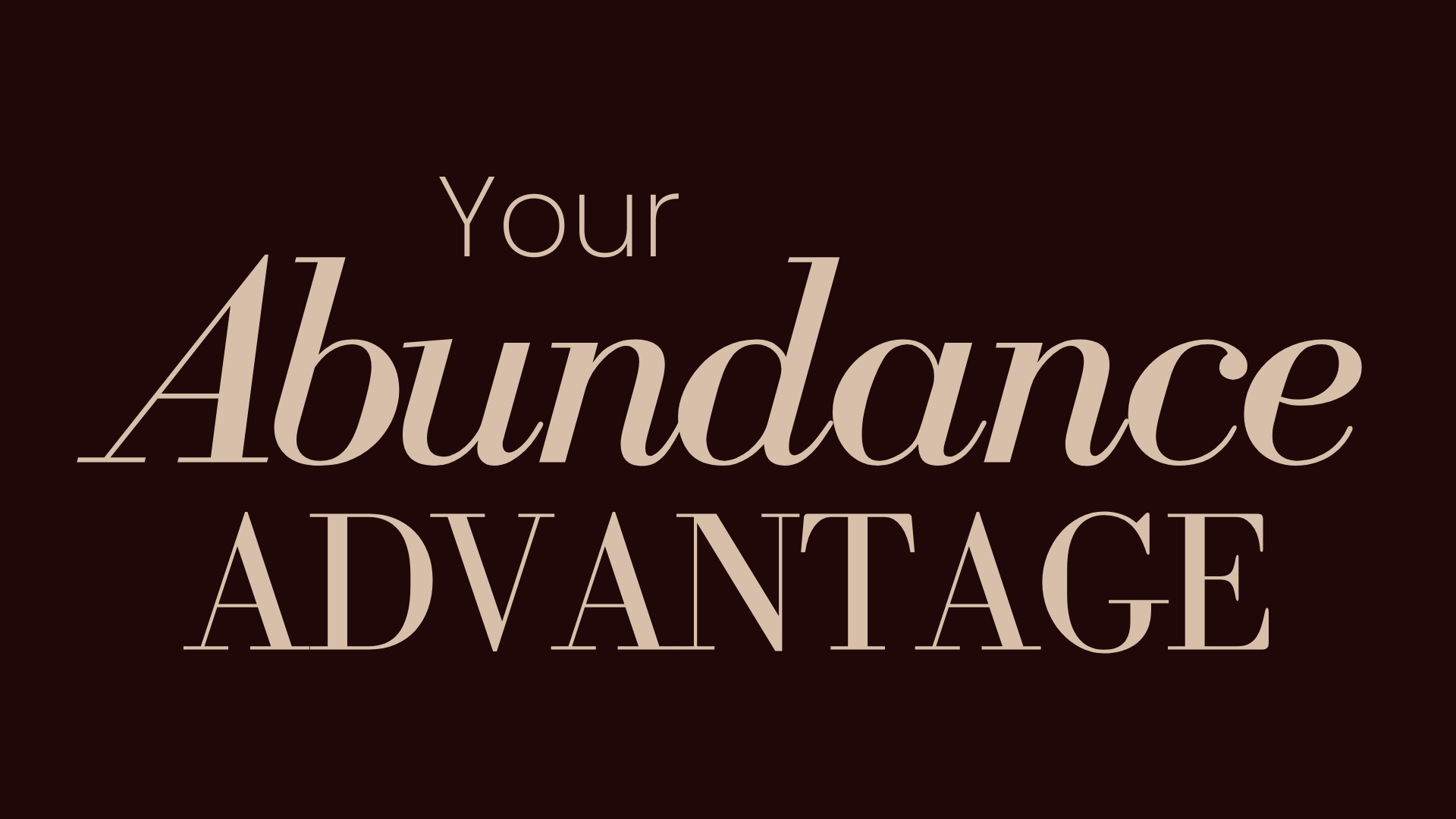Celebrities rising irrelevance #digitine #Blockout2024
With cancel culture coming for celebrities en masse, this might be the start of the end for increasingly irrelevant celebrities. All, as influencers take over.
Everyday people are blocking and boycotting celebrities online. Led by other creators acting as the voice of people disillusioned and disinterested in out-of-touch celebrities and complacent mega influencers.
The annual MET Gala is fashion and celebrity culture’s premier event. While some see it as a dazzling display of art, raising money for the arts, many have other ideas. As war wages, human suffering overseas is top of mind for everyday people. While closer to home, many struggle to put food on their tables.
So, this year’s recent MET Gala, more than any, felt to many like a tone-deaf display of wealth and waste at its best.
It was TikToker Hailey Bailey’s reference to Marie Antionette, in dress reminiscent of her, that really had the people in uproar. She used audio from the Marie Antionette film saying “Let them eat cake”. While historians dispute that Marie Antoinette actually said these words, it’s widely understood to embody her lack of empathy for starving peasants.
Marie Antoinette eventually paid the price with her life at the guillotine during the French Revolution.
In a modern-day revolution of sorts, celebrities are now also getting the chop. Enter the digital guillotine - the “digitine". It’s the axe wielded by everyday people with unprecedented power. Who are en masse blocking and boycotting celebrities online. They are masterfully manipulating both the power of celebrities and social media algorithms to send individuals a clear message. Those who give you your platforms can also take them away.
The movement also understands this likely impacts brand deals based on platforms and public perception.
With 10 million plus followers at the time, Hailey Bailey (who later claimed she didn’t get to actually attend the event) was the first to be ‘sentenced’. One smaller TikToker sparked a viral trend online to block Bailey in the digital revolution. People then added more ‘digitine’ suggestions.
Celebrities like the Kardashians, who you could argue were among the original influencers, have dominated headlines for decades. Are people finally ready to cancel celebrities and influencers who offer little value to everyday people?
So, how did we get here and what can brand leaders and businesses learn from this digital movement?
1. The Rise of Creators
If you aren’t paying attention to the creator economy and the power of influencers, you’re missing one of the biggest shifts in modern-day marketing. Influencers are the new celebrities. They are getting an increasing share of the marketing budgets once reserved for traditional media and exclusive invites that once went to those with impressive corporate titles and celebrities (global or perhaps those in your local area).
Social media has shifted power away from big brands and media moguls to the people. Because the people control celebrities’ and influencers’ modern-day leverage - attention. Those who have (and keep) the attention in our modern society win. They get the brand deals, the book deals, the free products, services and everything in between.
With movies, mainstream media, print and traditional TV losing their relevance, the people who have an audience have the power. YouTubers and TikTokers can now get more views on single videos than studio-backed television shows.
2. Community Creators and ‘New Media’
Influence by Sara McCorquodale shows how influencers are changing the future of the world.
While most who are one, don’t like the term ‘influencers’, she says:
“Broadly, they believe their value lies in their ability to build communities through consistent, relatable, authoritative and regular content.”
Because of their ability to turn communities into attention online, they are the new media:
"The word influencer is symbolic of a new kind of media mogul – one who is independent, industrious and has capitalized on their online popularity to launch further creative projects and successful startups.”
3. The Relatable Celebrity
Where celebrities were once the shining star of brand deals, influencers have taken over.
Net-A-Porter staff have said that street-style influenced photography drives more traffic for the brand than celebrity images.
Much of influencers’ appeal comes down to reliability. As McCorquodale says:
“…like celebrities, their followers – their fans – aspire to their lifestyle, but unlike celebrities, their lives are presented as relatable and achievable.”
"Like traditional media, they share information; unlike traditional media, it is all from a personal perspective.”
Their community is made to feel like they know them directly.
McCorquodale proposes a Venn diagram, where celebrity and media overlap. The space of the overlay is where the influencer exists.
Influencers are in some ways giving celebrities a dose of their own medicine. Despite some appearances on magazine covers for centuries, celebrities started to consistently dominate major covers from the late nineties. It was the nail in the coffin of the illustrious supermodel era. With one editor supposedly declaring, “Nobody cares about models anymore.”
The same supermodels who were chased by paparazzi were now deemed too one-dimensional. Their appeal came from their beauty alone and audiences were losing interest. Celebrities at least offerred the illusion of substance. They looked more like everyday people.
Well-known figures, such as 90s and early 2000s Friends star Jennifer Anniston, came with mass audiences, that would skyrocket sales in a way supermodels couldn’t.
The people can also sniff out what they deem is fake authenticity. Take Jenny from the Block, singer J-Lo’s ongoing fall from grace currently playing out with Gen Z online. Many of the younger generation deem her inauthentic, self-indulgent and irrelevant.
4. Brands Buy Trust
What’s even more important to brands than attention? Trust. Brands buy trust. Brand deals are based on the trust influencers have with their people.
Intuitively, we’ve always guessed celebrities making millions aren’t actually using the supermarket brands they are the face of. Influencers, with all their relatability, despite some also making millions, are more believable. They have consistently built trust, a unique point of view, personality, and of course - community over time.
Their engaged and loyal communities are why brands are increasingly leaning toward micro (between 10k-100k followers) and even nano influencers (1-10k followers) and away from mega (1 million + followers) and marco influencers (100k-1 million followers).
I personally feel athletes will be more immune to the downward trend in relevance than other celebrities. The spirit of sport builds fiercely loyal communities. We see everyday transformation stories build the hearts of champions and rising underdogs. Despite sports stars’ superstar fame and often eye-watering salaries or brand deals, we also see athletes sweat it out consistently on their courts, fields and tracks. This is usually in a real-life display of some of the brands they endorse.
Remember, consistency builds trust with your audience. Keep providing the value they expect, and they’ll likely continue to support you.
5. The Iceberg
It’s easy to ridicule influencers or content creators for their camera and keyboard courage. Especially, while you work in seemingly respectable roles for ‘unsinkable’ brands. But, consider this one influencer’s words:
“The haters, the doubters are all drinking champagne on the top deck of the Titanic and we are the f**king iceberg.”





